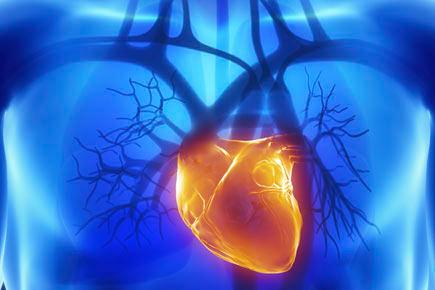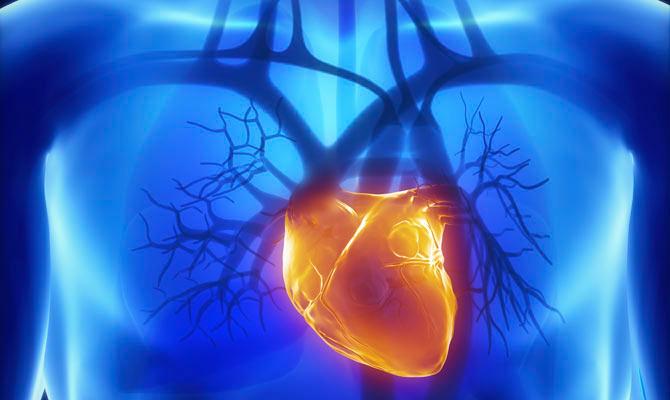In what could be termed as a major medical breakthrough, scientists have been carrying out tests utilising microscopic stealth drones, made from plastic-like material and about 1,000 times smaller than the tip of a human hair

In what could be termed as a major medical breakthrough, scientists have been carrying out tests utilising microscopic stealth drones, made from plastic-like material and about 1,000 times smaller than the tip of a human hair.

Representational picture
ADVERTISEMENT
These drones or nanoparticles are capable of latching on to hard plaques in the arteries containing fat cholestrol and calcium and would release a drug derived from natural protein thus repairing the inflammation damage in the body.
Successful tests have been carried on lab mice where the atherosclerosis or clogged arteries were repaired after 5 weeks of treatment. The plaques were stabilised, making it less likely for fragments to break off and clog blood vessels.
Although they had clogged arteries the lab mice didn't suffer from heart attacks. Researchers have therefore concluded that more tests were needed before the drones are tested on humans.
For the human trials a fine tune of particles, which would enable optimised drug delivery is being planned. The drugs would be powerful and anti-inflammatory.
This could be a major step in the treatment of heart diseases.
 Subscribe today by clicking the link and stay updated with the latest news!" Click here!
Subscribe today by clicking the link and stay updated with the latest news!" Click here!







